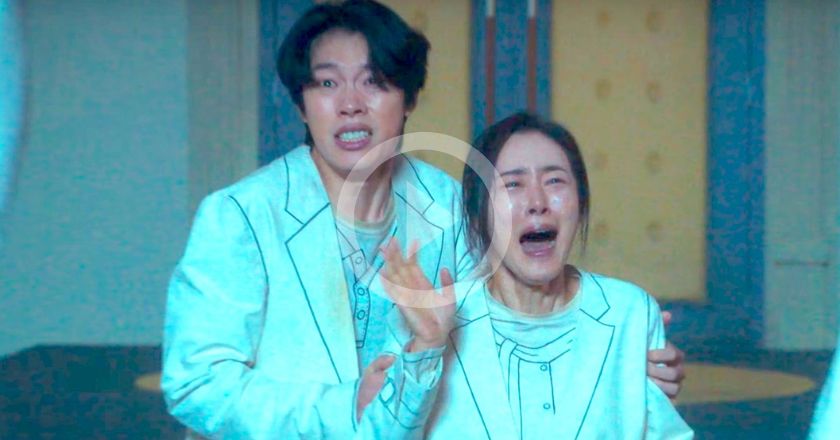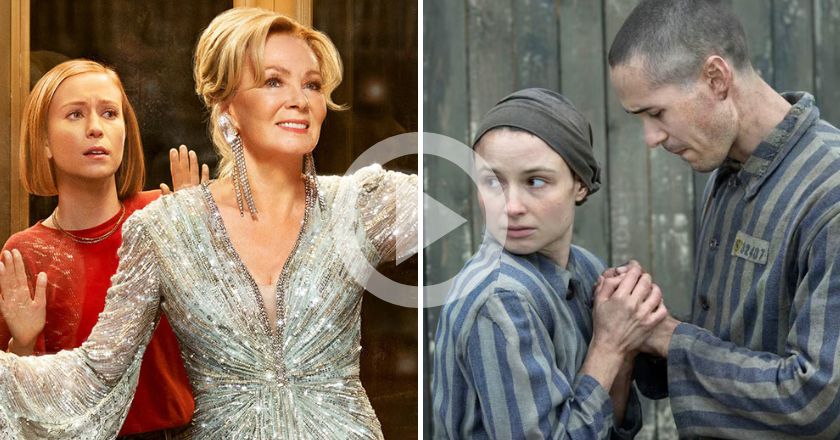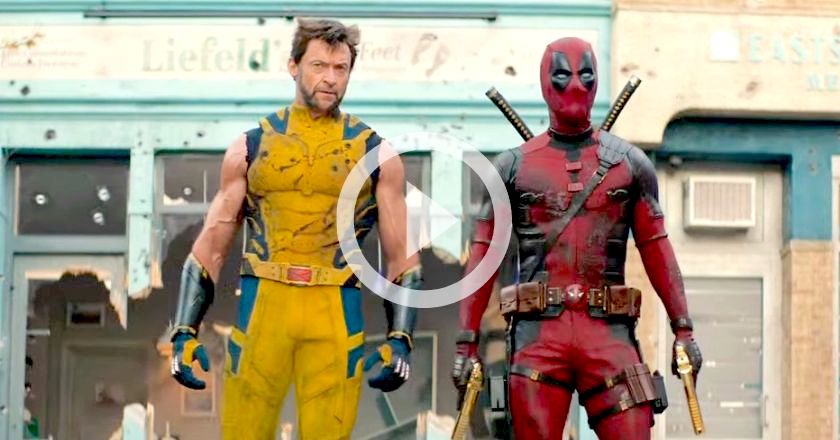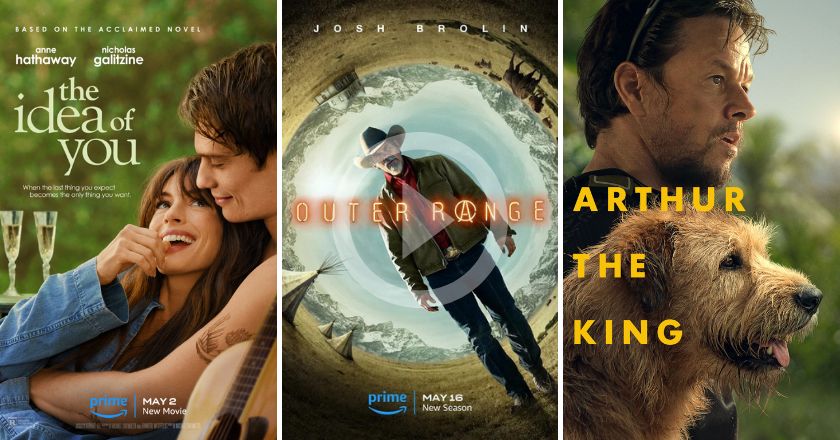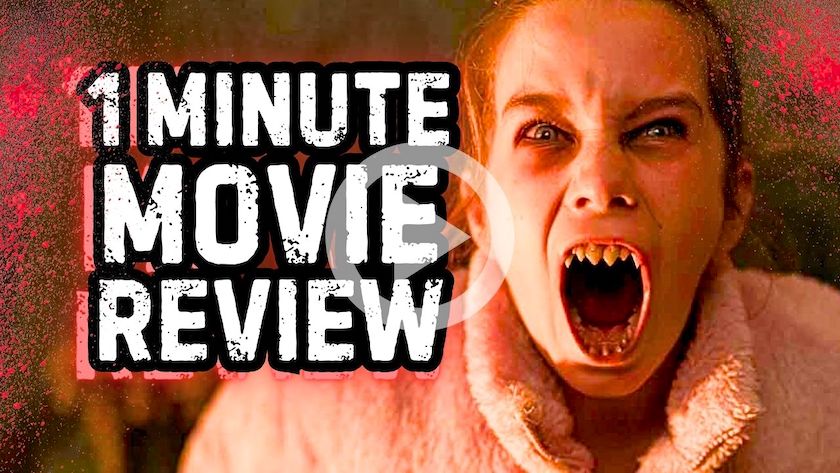
In May of 1996, eight people lost their lives while climbing the Earth’s highest mountain. Climbers that had travelled from around the world to take on Mount Everest were met with a severe storm, caught in the midst of destructive weather that arose with unexpected speed and force. Contraband and 2 Guns director Baltasar Kormákur, who also told of a fisherman’s struggle to survive freezing waters with 2012 drama The Deep, brings this particular Everest disaster to life in realistic fashion. Everest’s straightforward, no-nonsense approach is efficiently matter-of-fact, yet it comes at the cost of the dramatic power the film needs to hit home.
We’re introduced to our lead team, which includes Jason Clarke’s expedition leader Rob Hall, Josh Brolin’s Texan pathologist Beck Weathers, John Hawkes’ Doug Hansen, and Michael Kelly’s journalist Jon Krakauer, as they make their way to the Himalayas. The journey and interactions among the team members allows for quick introductions, with a minimum of backstory for each persona as they learn what it is they’ll be experiencing.
The first third of the film serves as an elongated period of initiation. There are numerous people we need to meet and keep track of, and while Everest does do a good job of establishing who is who and what purpose they serve in the unfolding narrative, there are a few too many characters moving about for us to become invested in emotionally. Thankfully, the smart decision to include some of our lead characters’ loved ones, including Keira Knightley’s Jan (Rob’s other half) and Robin Wright’s Peach (Beck’s other half), pays off by giving our lead personas much-needed layers and allowing for quick snippets of sentiment-focused character development.

Although the period prior to climbing the titular mountain does feel slightly drawn out in sections, it’s never dull. Everest moves along at a strong pace, as we’re pulled into the almost-minute details of what it is these individuals have to undergo for such an experience. The drip-feeding of dread adds to the anticipation of what is to come. Then the climb begins.
There’s no question that Kormákur is a strong director. Never once are we lost with what is going on, which is somewhat of a feat considering the amount of characters we have in different locations, all with various tasks on their to-do list. Kormákur keeps us walking, trudging, and soon crawling and falling with these characters; it’s impressively exhausting stuff. It’s also depressingly realistic, leaving us as muted bystanders; unable to stop the chain reaction of events we know will not end well.
Once the spine-chillingly rendered storm does hit, the chaos and tragedy that unfolds is handled vividly and respectfully. Kormákur directs the sequences of disaster, mishaps and tragedy well, ensuring that, even with the most snow-filled lens, we’re as close as we can get to witnessing and understanding what it was like in the midst of such horrific circumstances
While what these individuals went through is depicted in gut-wrenching manner, much of the film feels straightforward and unembellished, inevitably driving home the tragedy in slightly distancing fashion. It’s a disappointing and to some extent delicate problem to have; a story told in a way that is ultimately natural and efficient, but that could have benefitted from less of a focus on surface facts and more of an eye on the emotions driving each decision.

The film’s impressive cast, which also includes Jake Gyllenhaal, Emily Watson, Sam Worthington, and Martin Henderson, all do their best with their roles, it’s simply unfortunate that William Nicholson and Simon Beaufoy’s script seems to be more interested in laying down an accurate depiction of the event than a dramatically taught film. Rob Hall is arguably the best-drawn character, and he’s wonderfully played by Jason Clarke, but even he falls short of giving us a character to fully root for. Ultimately, the care factor comes down to the fact that these are decent people and the actors playing them are indeed amiable, so who’s going to be hoping for their demise?
Nevertheless, Everest stands tall as an experience. It’s a film that uses cinema’s technical tools to great effect, pushing the audience to – quite literally – the edge with a seamless blend of location-shooting, set design and CGI. Cinematographer Salvatore Totino, known for his work on Ron Howard-directed films The Da Vinci Code and Frost/Nixon, puts in his best work thus far, capturing the beauty and terrifying elements of Everest’s perilous environment and ensuring the film benefits the most from a big screen.
There’s no denying the technical craftsmanship on display, the fine performances from the talented cast, and the high level of respect held by Kormákur and his screenwriters, but, put simply, Everest struggles to be much more than a wonderfully crafted reenactment. The film’s finale does hold a last-minute hit to the gut, driving home some of the personal elements the script could have worked further with. Overall, Everest works as a realistic and exhausting account of a recent tragedy, but lacks the finesse and character-driven elements required to deliver the necessary impact.
THE REEL SCORE: 7/10
– G.T.

